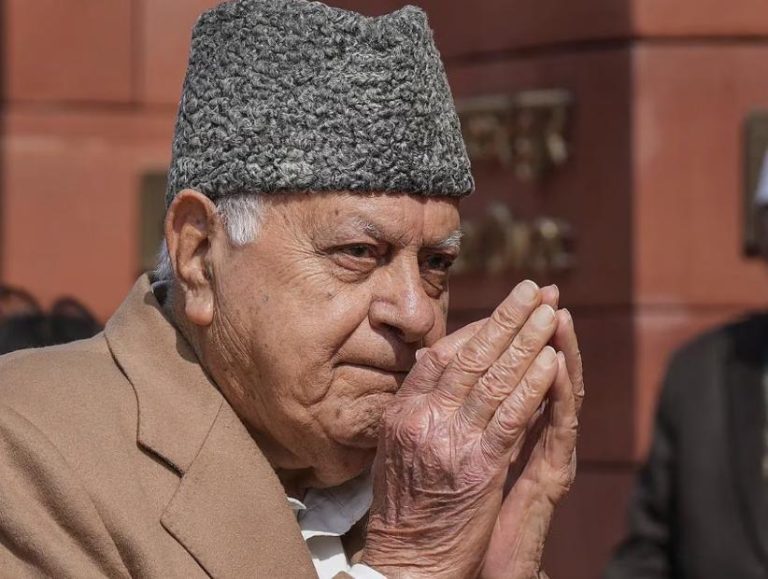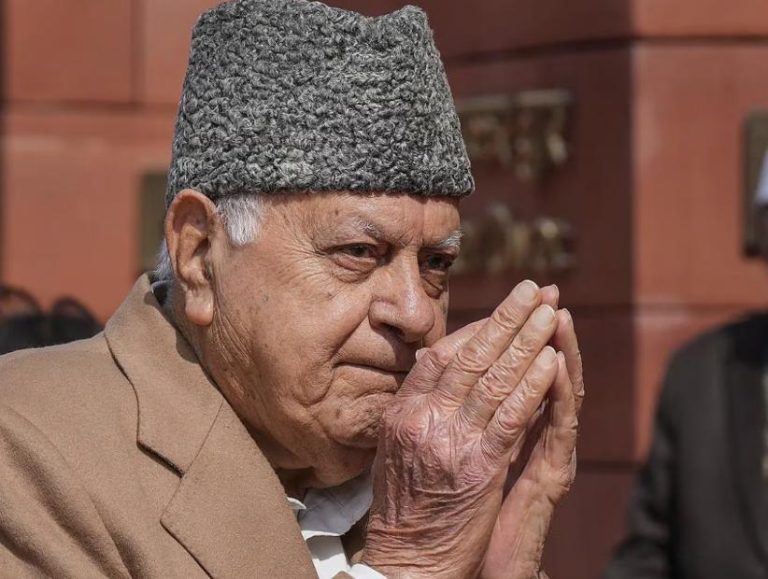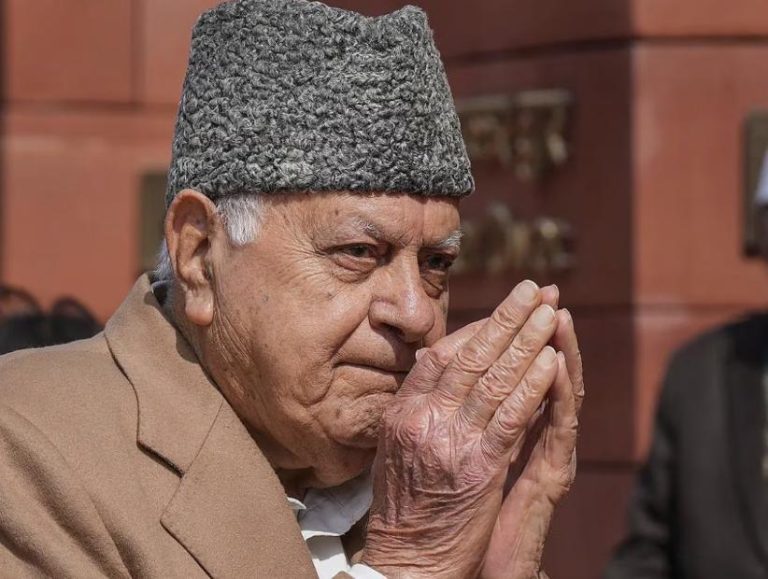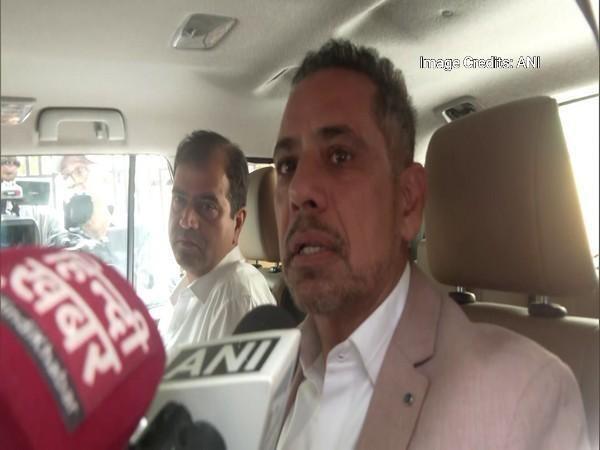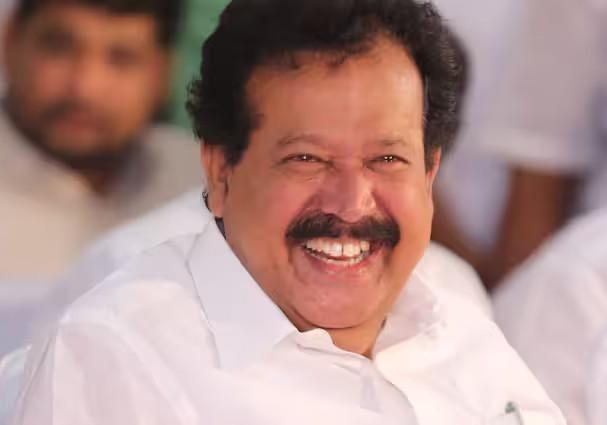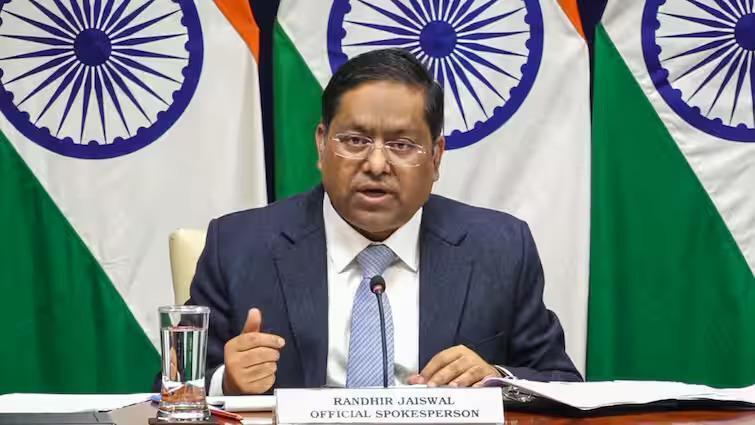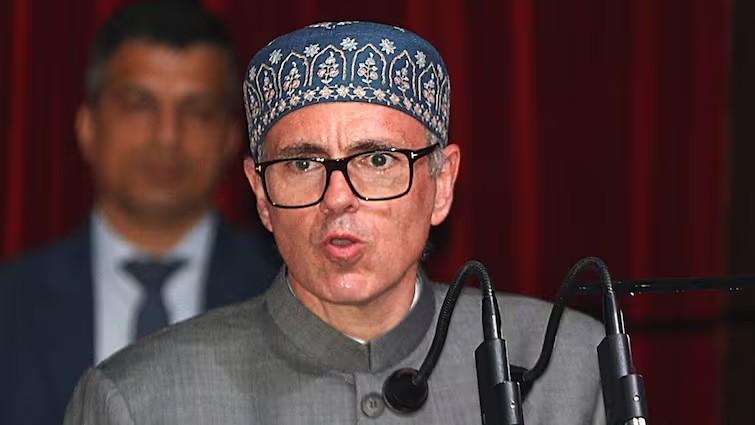
Normalcy in J&K post Art 370 abrogation is forced, not organic: CM
On August 5, 2019, a historic event took place in the Indian subcontinent when the Government of India announced the abrogation of Article 370, which granted special status to Jammu and Kashmir (J&K). This move was followed by a series of events, including the bifurcation of the state into two union territories (UTs) – Jammu and Kashmir, and Ladakh. Since then, the UT has been witnessing a new normalcy, with the Centre claiming that the situation is returning to normal. However, the former Chief Minister of J&K, Omar Abdullah, has a differing opinion. He believes that the normalcy in J&K is “forced” and not organic.
In an interview, Omar Abdullah, who is currently the Lok Sabha MP from Srinagar, said that if the normalcy in J&K is organic, then nothing like it exists anywhere else. However, if it is driven by fear, then there is a problem. He also added that people do not believe that the normalcy is organic.
Abdullah’s statement comes at a time when the Centre has been claiming that the situation in J&K is returning to normal. The Centre has been asserting that the abrogation of Article 370 has brought about peace and stability in the region. However, Abdullah’s views suggest that the normalcy is not as organic as the Centre claims.
The situation in J&K has been tense since the abrogation of Article 370. The Centre has been accusing Pakistan of fuelling terrorism in the region, and has been taking measures to curb the spread of terrorism. Meanwhile, Abdullah has been critical of the Centre’s handling of the situation.
Abdullah’s statement has sparked a debate on whether the normalcy in J&K is indeed forced or organic. The Centre has been claiming that the normalcy is organic, and that the people of J&K are happy with the new situation. However, Abdullah’s views suggest that the normalcy is not as organic as the Centre claims.
The situation in J&K is complex, and it is difficult to say whether the normalcy is forced or organic. However, one thing is certain – the Centre’s handling of the situation has been criticized by many. The Centre has been accused of imposing curfews and restrictions on the people of J&K, which has led to widespread protests and demonstrations.
Abdullah’s statement has also sparked a debate on the future of J&K. The Centre has been claiming that the abrogation of Article 370 has brought about economic development and progress in the region. However, Abdullah’s views suggest that the normalcy is not as organic as the Centre claims.
The future of J&K is uncertain, and it is difficult to predict what will happen in the coming months and years. However, one thing is certain – the Centre’s handling of the situation will have a significant impact on the future of the region.
In conclusion, Omar Abdullah’s statement that the normalcy in J&K post Article 370 abrogation is forced, not organic, has sparked a debate on the future of the region. While the Centre has been claiming that the situation is returning to normal, Abdullah’s views suggest that the normalcy is not as organic as claimed. The situation in J&K is complex, and it is difficult to say what the future holds. However, one thing is certain – the Centre’s handling of the situation will have a significant impact on the future of the region.
